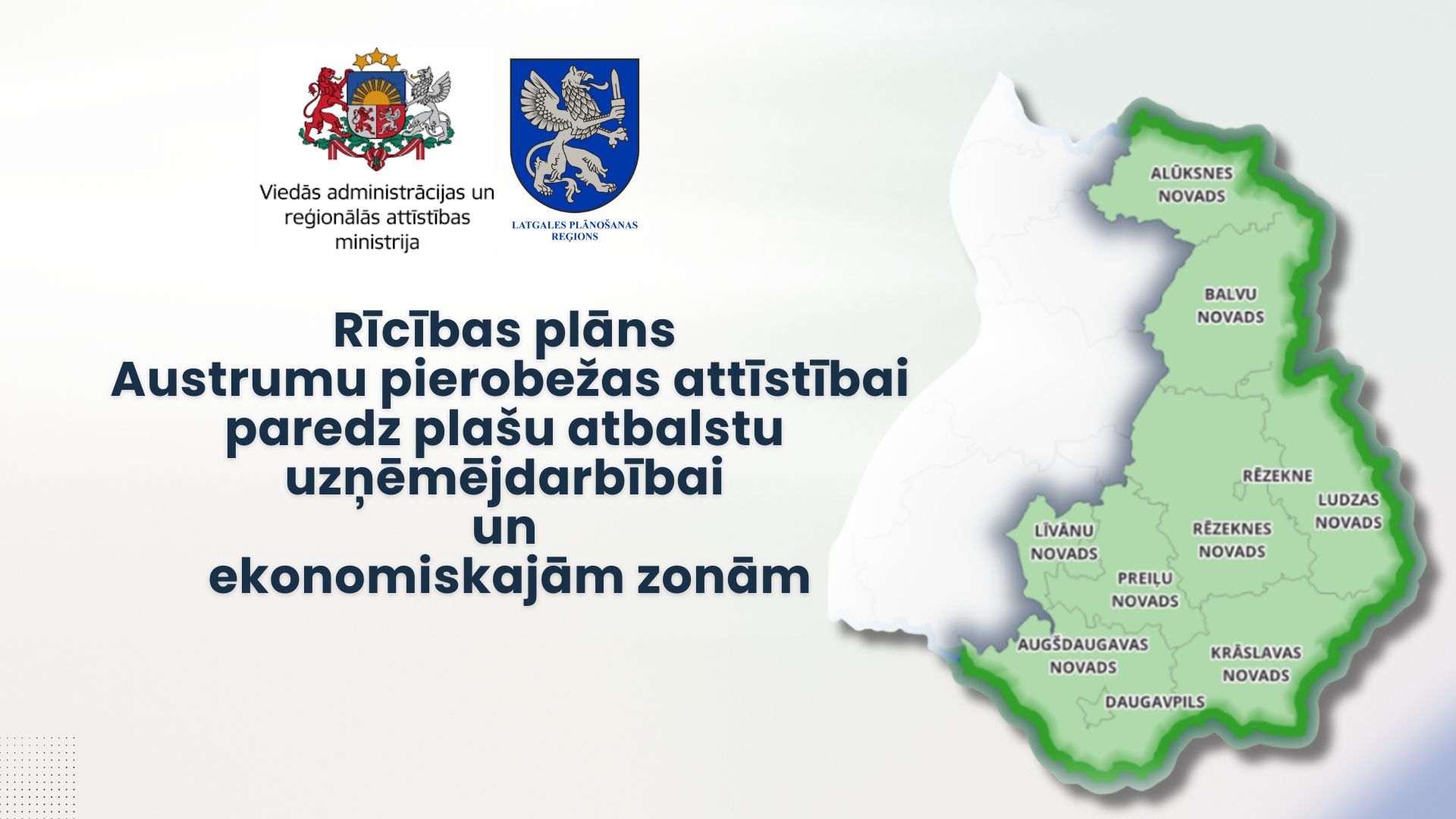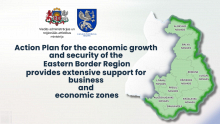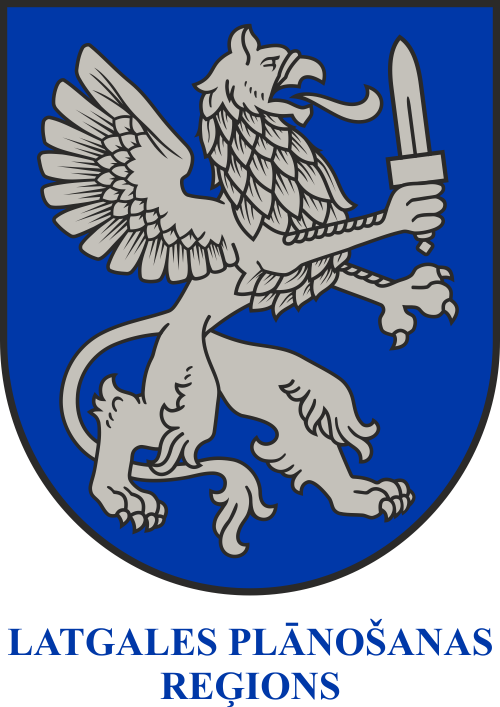
The government on Tuesday, 14.01.2024. endorsed an Action Plan for the economic growth and security of the Eastern Border Region from 2025 to 2027, which will cost more than EUR 640 million.
The plan identifies the main challenges that need to be tackled in the eastern border area as a result of Russia's war against Ukraine. These challenges are common to countries bordering with Russia and Belarus in the EU and include the worsening of the already unfavorable economic situation, difficulties in maintaining business activity, for instance, small and medium-sized enterprises.
The negative impact on citizens' sense of security and increased social tensions have been cited as challenges, hence the need to strengthen societal resilience and preparedness.
Negative impacts on potential investment flows, disrupted transport corridors, and halted tourist flows were also mentioned in the action plan.
The measures included in the plan are aimed at strengthening security, economic development and human resources development.
The plan includes 59 measures and activities, complementing existing measures and interventions included in other national planning documents. Of these, 58 measures have a total financial allocation of EUR 644,598,937.
In the area of strengthening security, the implementation of infrastructure development projects and the strengthening of the response capacity of the services are envisaged, with the construction of 11 new emergency management centers in Latvia's eastern border territories: Dagda, Ilukste, Daugavpils, Livani, Vilani, Aluksne, Preili, Balvi, Kraslava, Ludza and Rezekne.
Currently, funding is available for the construction of seven emergency management centers in Dagda, Ilukste, Daugavpils, Livani, Vilani, Aluksne, Preili, and 11 emergency management centers are planned to be built during the implementation period of the plan.
The anti-mobility plan for the eastern border of Latvia will be implemented creating anti-mobility material parks in 25 locations and providing more than 100 jobs for the local population.
The plan provides for the operation of six military bases - in Daugavpils, Rezekne, Luznava, Preili, Meza Mackevici, and Aluksne - as well as the deployment of 550 National Defense Service troops in the Latgale region.
The plan provides for the manufacture of dual-use products in the eastern border area, strengthening the region's crisis preparedness and deterrence capabilities, as well as business opportunities.
Measures will be implemented to strengthen the information space, crisis management and the non-governmental organizations (NGO) sector.
It is planned to promote the strengthening of the eastern border as a security issue for the whole European Union (EU) and to raise funding specifically for the EU's eastern border countries and regions bordering Russia and Belarus in the EU's post-2027 Multiannual Budget Framework.
In the area of economic development, it is planned to implement measures to support the economic development of the region.
It is planned to create 1,800 new jobs as a result of business support measures, to channel investments into the establishment of an industrial park in Daugavpils, as well as in other eastern border municipalities, developing infrastructure and territories to support entrepreneurship, attracting EUR 56.9 million of private investment.
Support will continue for the Latgale and Rezekne Special Economic Zones (SEZ) and the extension of their borders to include Aluksne Municipality.
Support will be provided to 34 small and medium-sized enterprises (SMEs).
Loans worth EUR 36.5 million will be provided to entrepreneurs to finance businesses.
The competitiveness of farms, the development of small farms and the start-up of young farms will be promoted, providing support to more than 10.000 farms.
Support will be provided for improving energy efficiency in business, including a shift towards the use of renewable energy in heating.
Investments will be made to boost mobility, including by improving the country's regional and local road network.
Under the plan, 18 zero-emission vehicles will be bought for municipalities, smart municipalities will be promoted, non-agricultural business development will be supported and investments will be made in the "last mile" of broadband infrastructure. This will give 1,657 households, businesses, educational establishments, medical institutions and other public buildings access to broadband connections with a very high performance network.
In the area of human resources development, synergies will be strengthened between the needs of businesses and the offer of higher education and science.
The Rezekne Academy of Technologies will be integrated into the ecosystem of Riga Technical University (RTU), providing four new study programs and grants for doctoral and post-doctoral students.
Daugavpils University aims to provide a competitive higher education offer in the region by strengthening scientific capacity with an impact on economic transformation, attracting and retaining academic staff.
Also planned is a continued operation of the Malnavas College, which is important for the region and the agricultural sector.
The action plan is intended to reduce barriers to general education by providing portable computing equipment for students from socially disadvantaged groups and by ensuring the availability of data transmission for the use of digital technologies in the study process.
The plan provides for the training of at least 200 young people in the first level of the Military Basic Course, the strengthening of emergency medicine in hospitals and patient admission departments, in addition to the creation of 34 care support positions.
The Ministry of Health will acquire a stake in Daugavpils Regional Hospital, which will contribute to the provision of equally accessible and high quality healthcare services to the population of the Latgale region.
Remigration measures are expected to help return 95 people to the region per year.
The plan also foresees the establishment of new single points of contact for the application for services, expanding the existing network of state and local government single customer service centers in the municipalities of Balvi, Livani, Preili, Augsdaugava and Ludza.
The authors of the action plan underline the need to monitor benefits from these measures.
Source: LETA


